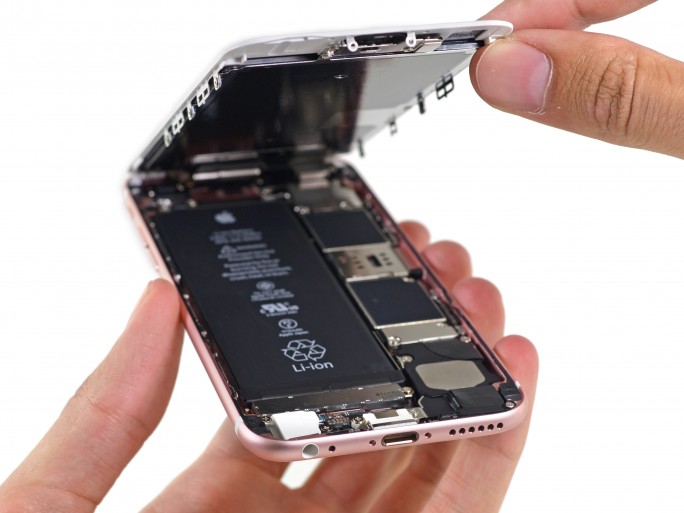US Justice Request For Apple To Unlock Suspect’s iPhone Is Rejected

US federal judge’s decision not to require Apple to unlock iPhone in drugs case lends weight to Apple’s side in the encryption controversy
A US federal judge has rejected the US Department of Justice’s (DOJ) request for Apple to unlock an iPhone of an accused drug dealer, in a move that could have implications for a higher-profile clash involving last December’s shootings in San Bernardino, California.
The ruling, handed by magistrate judge James Orenstein, involves the case of Jun Feng, an accused Brooklyn methamphetamine dealer due to be sentenced in April.
Support for Apple

While it isn’t directly related to the San Bernardino case, the ruling nevertheless lends support to Apple’s argument that the DOJ is overreaching the scope of the law.
The case is one of about a dozen in which the DOJ is attempting to force Apple’s cooperation, according to recent reports.
In both the New York and San Bernardino cases, the DOJ made its request under the All Writs Act, passed in 1789 to oblige third parties to help the federal government.
In the New York case, however, the judge decided that the Act was never intended to extend so far as to force companies to create new software, as the government had argued. If the government’s position were adopted, the implications would be so broad that it would “cast doubt on the AWA’s constitutionality if adopted”, the judge ruled.
“The implications of the government’s position are so far-reaching – both in terms of what it would allow today and what it implies about Congressional intent in 1789 – as to produce impermissibly absurd results,” he said in his opinion.
Orenstein affirmed that the conflict between the interests of the federal government and those of companies manufacturing and distributing encryption technology is “of critical importance to our society”, but he ruled that new laws must be put into place resolving the issue.
“The need for an answer becomes more pressing daily, as the tide of technological advance flows ever farther past the boundaries of what seemed possible even a few decades ago,” he wrote. “But that debate must happen today, and it must take place among legislators who are equipped to consider the technological and cultural realities of a world their predecessors could not begin to conceive.”
Ongoing debate
The DOJ said it was “disappointed” in the ruling and plans to appeal.
As in the San Bernardino case, the agency argued that Apple is only balking due to the publicity surrounding the issue – that its refusal to cooperate is, in other words, no more than a marketing strategy.
“As our prior court filings make clear, Apple expressly agreed to assist the government in accessing the data on this iPhone – as it had many times before in similar circumstances – and only changed course when the government’s application for assistance was made public by the court,” the DOJ said in a statement. “This phone may contain evidence that will assist us in an active criminal investigation and we will continue to use the judicial system in our attempt to obtain it.”
In the San Bernardino case, a judge in February ordered Apple to assist the FBI in weakening the password protection on an iPhone belonging to shooting suspect Syed Rizwan Farook.
Apple has refused to comply, arguing its actions would effectively weaken security for all iPhone users. Apple and the FBI are to testify before Congress on Tuesday on the issue.
Are you a security pro? Try our quiz!